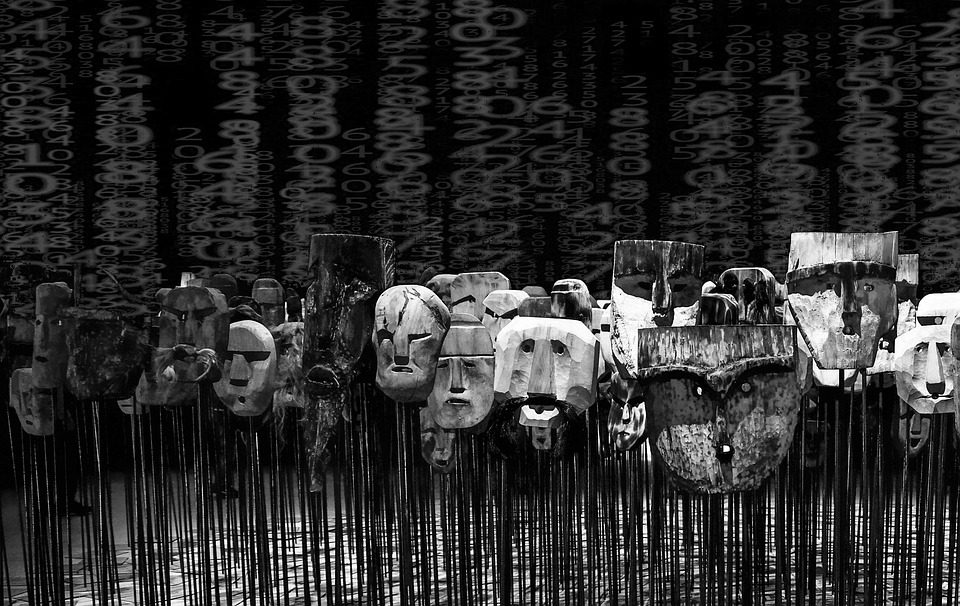Social norms have a significant impact on our perceptions of ourselves and our interactions with others. These norms are unwritten rules that dictate acceptable behavior in society, and they shape the way we view ourselves and others. Understanding how social norms operate can help us to better comprehend our actions and the actions of those around us.
Social norms are learned patterns of behavior that are reinforced by societal expectations. These expectations can be explicitly stated or implied, and they can vary based on a number of factors, including culture, geography, and age. Social norms often exist at different levels of society, from the individual to the group, and they can influence a wide range of behaviors, such as the clothes we wear, the way we speak, and the way we interact with others.
One of the most significant ways that social norms shape our perceptions of ourselves is through our self-concept. Our self-concept is how we perceive ourselves, including our beliefs, values, and personality. Social norms can shape our self-concept by influencing our behavior and beliefs about ourselves. For example, if society views being thin as desirable, individuals may perceive themselves more positively if they are thin, and negatively if they are overweight. This can have negative implications for individuals who are unable to meet these social expectations on their appearance, leading to low self-esteem and poor body image.
Similarly, social norms can influence our perceptions of others. When we interact with others, we often evaluate them based on societal expectations of behavior and appearance. For example, in many cultures, men are expected to be assertive and independent, while women are expected to be nurturing and empathetic. If an individual does not conform to these expectations, they can be seen as deviant, leading to ostracization and stigmatization.
The influence of social norms on perceptions of ourselves and others is particularly evident in gender roles. Gender roles refer to the social expectations of behavior and appearance for men and women. In most societies, gender roles are rigidly defined, and any deviation from these roles can be met with discrimination and hostility.
For example, in Western societies, women are expected to be emotional and nurturing, while men are expected to be stoic and unemotional. This can lead to women being perceived as weak and inferior, while men are perceived as strong and dominant. These perceptions can be detrimental to both men and women, as they lead to limiting beliefs about what they are capable of and reinforce harmful stereotypes.
Another way in which social norms impact our perceptions of ourselves and others is through group dynamics. Groups have their own set of social norms and expectations, which can shape individual behavior and perceptions. For example, in a group of friends, certain behaviors may be deemed acceptable or unacceptable based on the group’s norms.
These group dynamics can have significant implications for individuals’ perceptions of themselves and others. For example, in a group where conformity is valued, individuals may be less likely to express their true opinions or beliefs, leading to a lack of authenticity and individuality. Conversely, in a group where individuality is valued, individuals may feel more comfortable expressing themselves, leading to a more positive self-concept and greater acceptance of others’ individuality.
The influence of social norms on our perceptions does not stop at the individual or group level. Social norms can also impact political and economic systems, shaping the way we view our governments, institutions, and the wider world. For example, in a society where individualism is valued, government intervention in the economy may be viewed negatively, while in a society where collectivism is valued, government intervention may be seen as necessary for the public good.
In conclusion, social norms are a powerful force in shaping our perceptions of ourselves and others. They are learned patterns of behavior that are reinforced by societal expectations and can affect a wide range of behaviors, including the clothes we wear, the way we speak, and the way we interact with others. Social norms can shape our self-concept and influence our perception of others, particularly in gender roles and group dynamics. Understanding the influence of social norms can help us critically examine our own perceptions and the perceptions of others, leading to a more open and accepting society.

